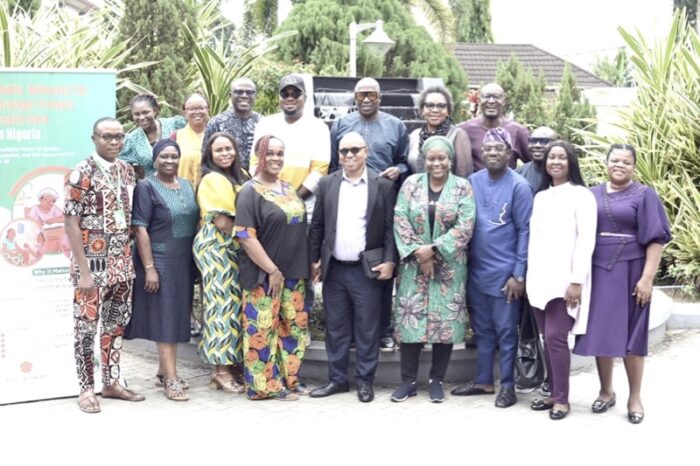A strong call was made for traditional media to play a bigger role in improving maternal healthcare and promoting gender equality in Nigeria. This happened during a two-day training workshop held in Lagos by the International Society of Media in Public Health (ISMPH).
ISMPH worked with the Lagos State Government and EngenderHealth to bring together journalists and broadcasters from across Nigeria. The workshop aimed to train them to become active voices for gender equality and public health. The main message was clear: media should not only report news — it should lead the way in creating change.
ISMPH’s Director of Programmes, Solomon Dogo, said it is urgent for the media to help solve problems in maternal and child health. He said journalists are not just bystanders — they are just as important as lawmakers and government officials in the fight to end deaths of mothers and children.
Segun Ogunyinka from the Lagos State Ministry of Health said the state has made progress in improving health for women and children and reducing gender-based violence. However, he admitted there are still problems. He called on all sectors to work together and encouraged the media to investigate and report corruption or bad practices in health facilities that weaken government efforts.
Workshop facilitator, Olumide Olaniyan, urged traditional media to use digital platforms but still stick to facts and truth. He said the power of traditional media comes from its trustworthiness — especially when reporting on important topics like gender, family planning, reproductive health, and teenage wellbeing.
He also warned about false information spreading on social media. He explained that when trusted media outlets share wrong information, it becomes more dangerous because people believe it. He challenged journalists to push back against harmful stereotypes and fake news.
During group sessions, participants showed a strong desire to use more inclusive ways of communicating about public health. They agreed that journalism should be ethical, truthful, and inclusive — not just because it’s the right thing to do, but because it can save lives in communities.


